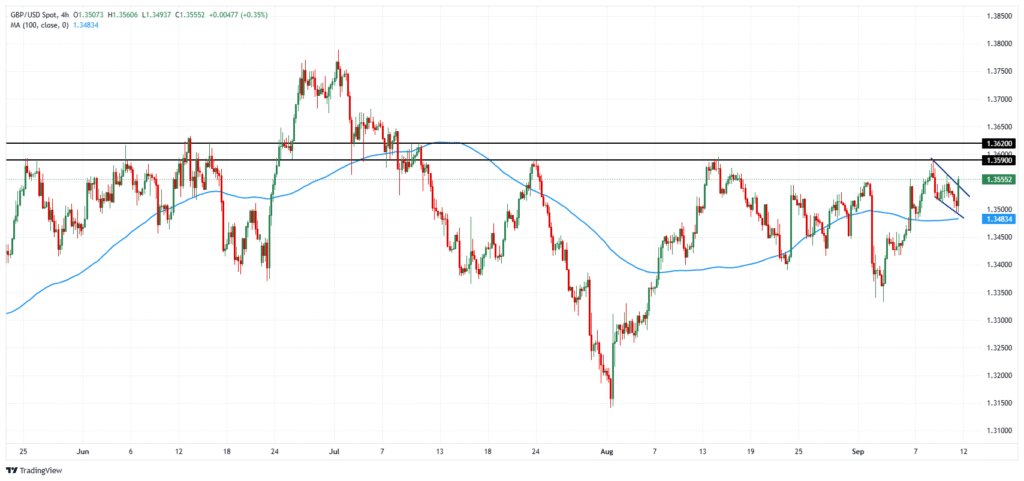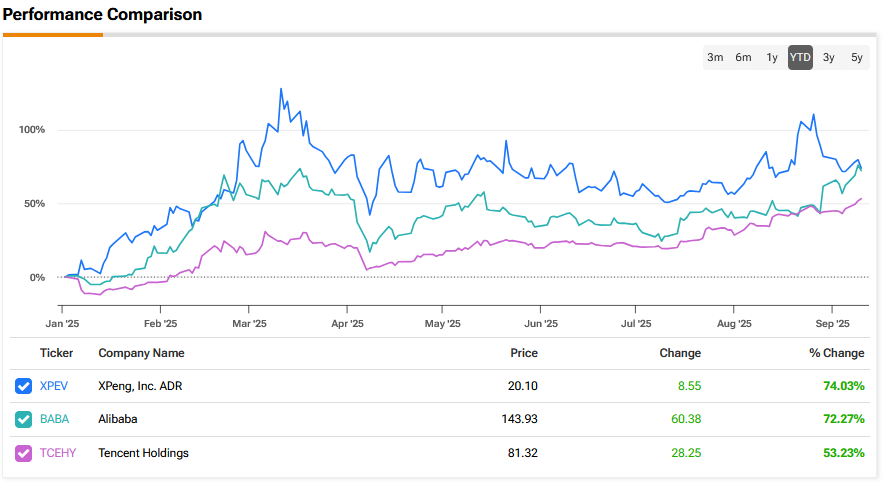Klarna (KLAR) stock was up about 17% in afternoon trade on Wednesday, settling near $46.50 roughly 90 minutes after its market debut on Wednesday and giving the company a market value of around $17.5 billion.
The Swedish buy now, pay later leader opened for trading around 1 p.m. ET on Wednesday at $52, a jump of 30% from its IPO price of $40 per share. At its opening trade, the company’s market cap was around $19 billion.
The IPO raised Klarna $1.37 billion, the company said on Tuesday, and marked an increase from its previous pricing estimate of $35-$37 per share and signaling strong demand for the stock.
Read more about Klarna’s stock moves and today’s market action
Klarna’s market cap as of Wednesday remained far below its $45.6 billion valuation after a large investment from SoftBank in 2021, but more than double the $6.7 billion the company was worth following a private funding round in 2022 amid a down period for payments firms.
This was Klarna’s second run at an IPO this year. The payments fintech put its offering plans on hold in April amid the whipsawing market fallout from President Trump’s “Liberation Day” tariff announcement and a downturn in IPOs.
Klarna’s IPO on the New York Stock Exchange (NYSE) kicks off a busy week for New York listings, as the capital raising environment has largely bounced back from spring lows.
Crypto exchange Gemini Space Station, led by brothers Cameron and Tyler Winklevoss, stablecoin issuer Figure Technologies, and Blackstone (BX)-backed engineering firm Legence are all expected to price offerings this week.
Klarna’s IPO builds on a series of successful public market debuts this year, including design software giant Figma (FIG), USD Coin stablecoin issuer Circle Internet Group (CRCL), and crypto exchange Bullish (BLSH).
So far this year, 144 companies worth more than $50 million have gone public, representing a 53% gain compared to the same time frame in 2024, according to IPO research firm Renaissance Capital. Tech IPOs have collectively raised more than $12 billion throughout 2025.
Klarna, helmed by chief executive Sebastian Siemiatkowski, is most prominently known for its buy now, pay later scheme, which issues “short-term credit” to customers who want to pay off everyday purchases in multiple installments. It has a user base 111 million strong and partners with 790,000 merchants, according to securities filings.
Critics of the BNPL platforms like Klarna, Affirm (AFRM), and Afterpay have argued that the scheme encourages overspending and that the companies providing the service face credit risk if their customers default.





